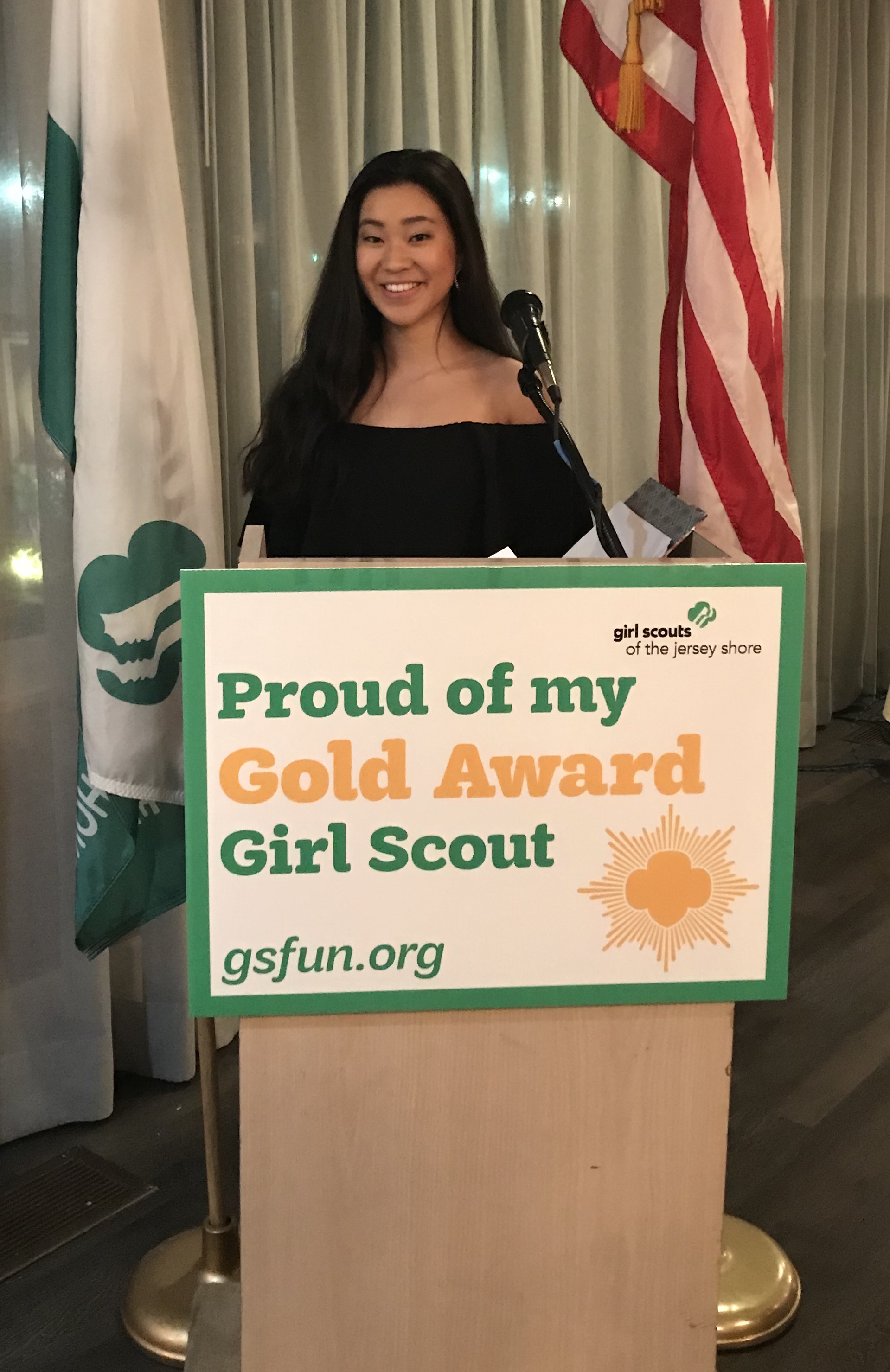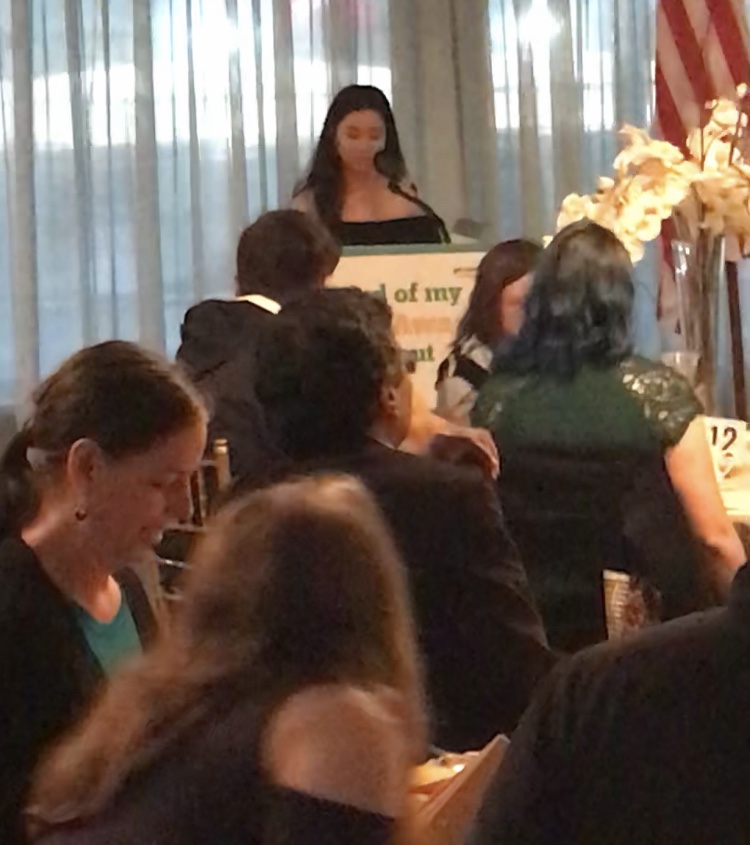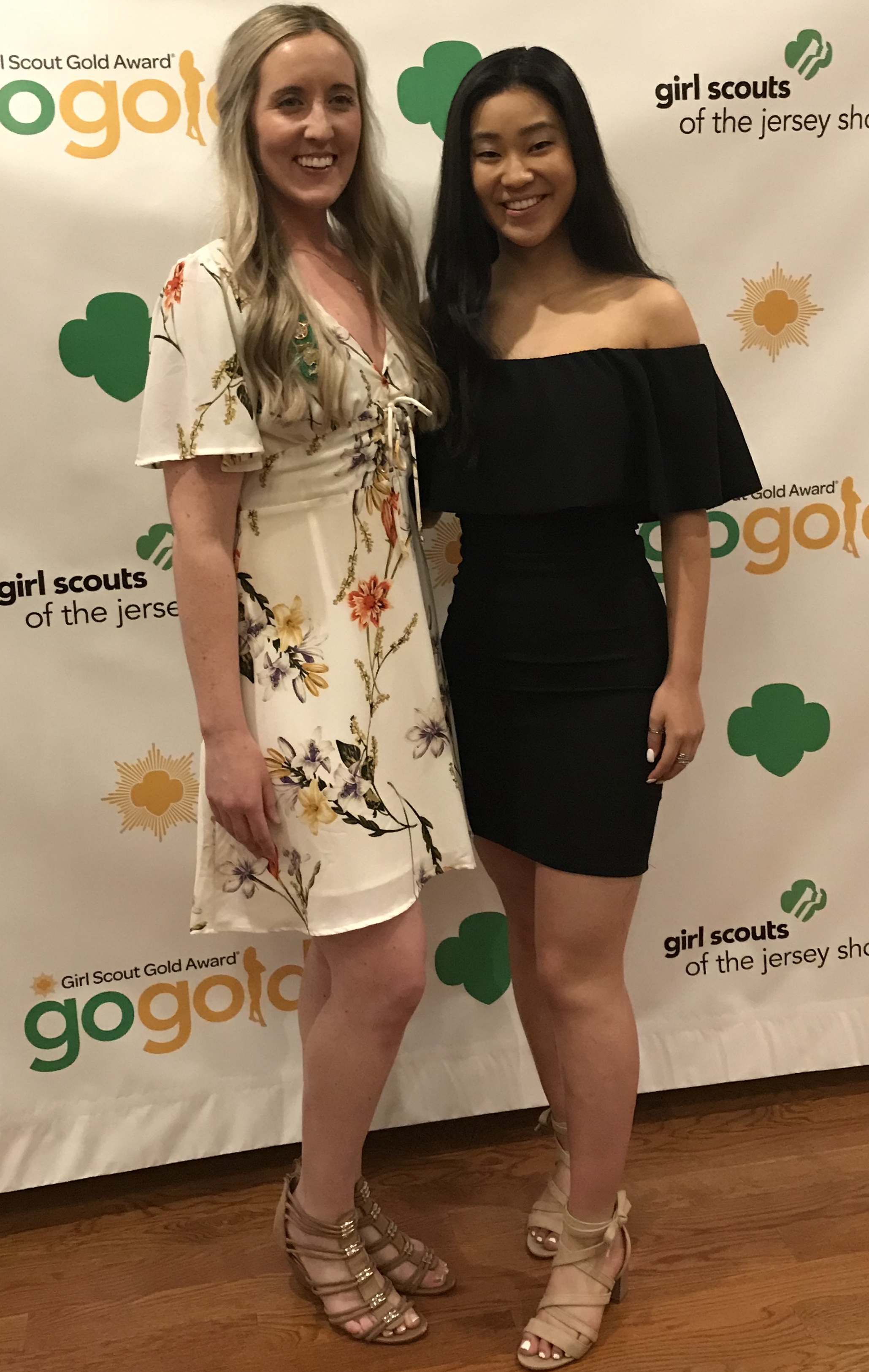For those who are not quite ready to perform in front of an audience, observing a local competition is a great way to gain insight into the competitive world of figure skating and see different skating disciplines- freestyle, dance, and pairs, and also different levels- basic skills to free skate to well balanced preliminary through senior programs. Young skaters will be inspired as they watch kids of similar age gracefully skating to the music and performing impressive mid-air jumps, flying leaps, and astonishing fast spins. I often catch young skaters mesmerized and oohing and ahhhing over the performers. They especially are dazzled by the beautiful costumes adorned with Swarovski crystals and sequins. Having the opportunity to watch a skating competition provides young skaters encouragement to go out there and show off their skills and talents and join the excitement of shining on the ice. I always try to encourage and convince my students to attend a competition and/or even come see me compete as I could always use the extra support.
One of the largest and most attended skating competition in NJ is the Garden State Games Figure Skating Championship. This competition is the qualifying event for the National State Games of America Championships. Sponsored by the North Jersey Figure Skating Club, the Garden State Games is a two-day event held on June 14-15 at the Ice Vault Arena in Wayne, NJ. The competition will include basic skills, freestyle, solo dance pattern, showcase, and compulsory spin and jump events. I was told it will be a huge turnout as there were over 375 skaters registered to compete.







